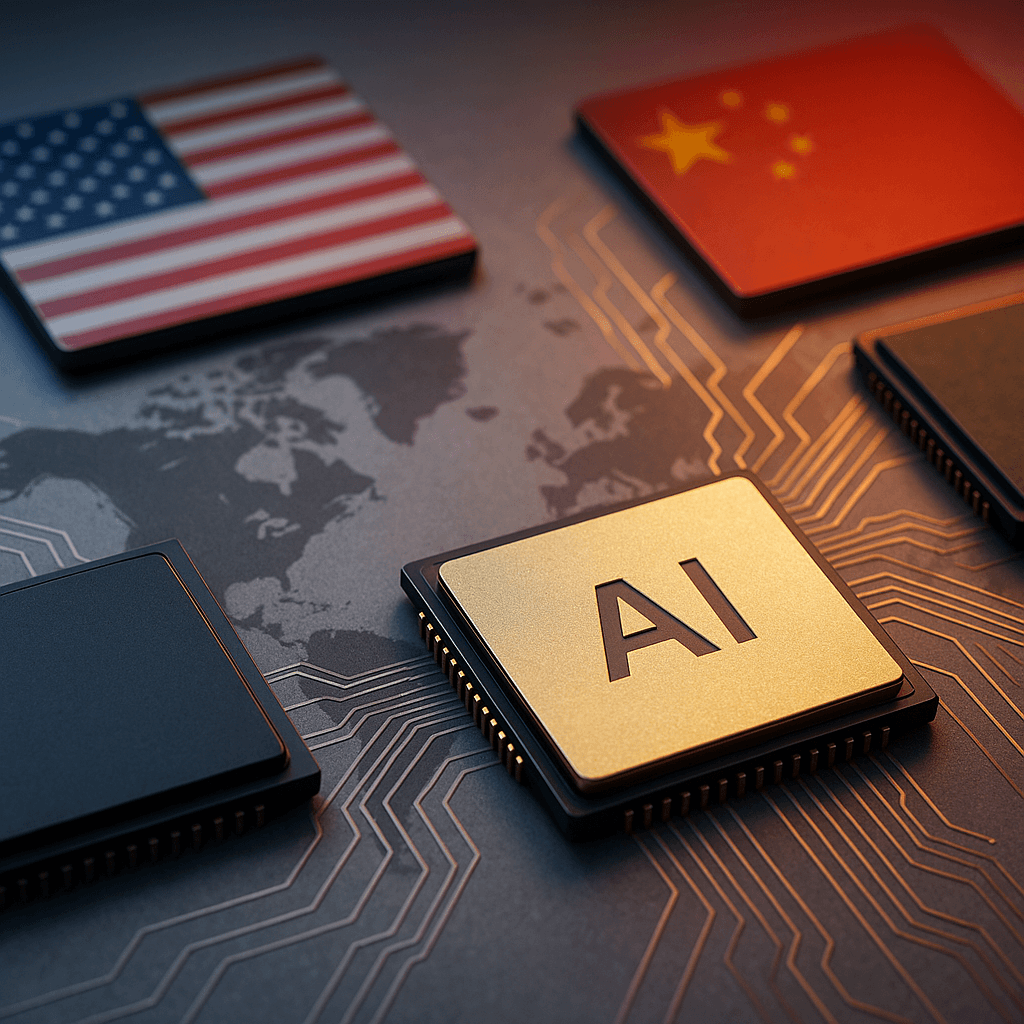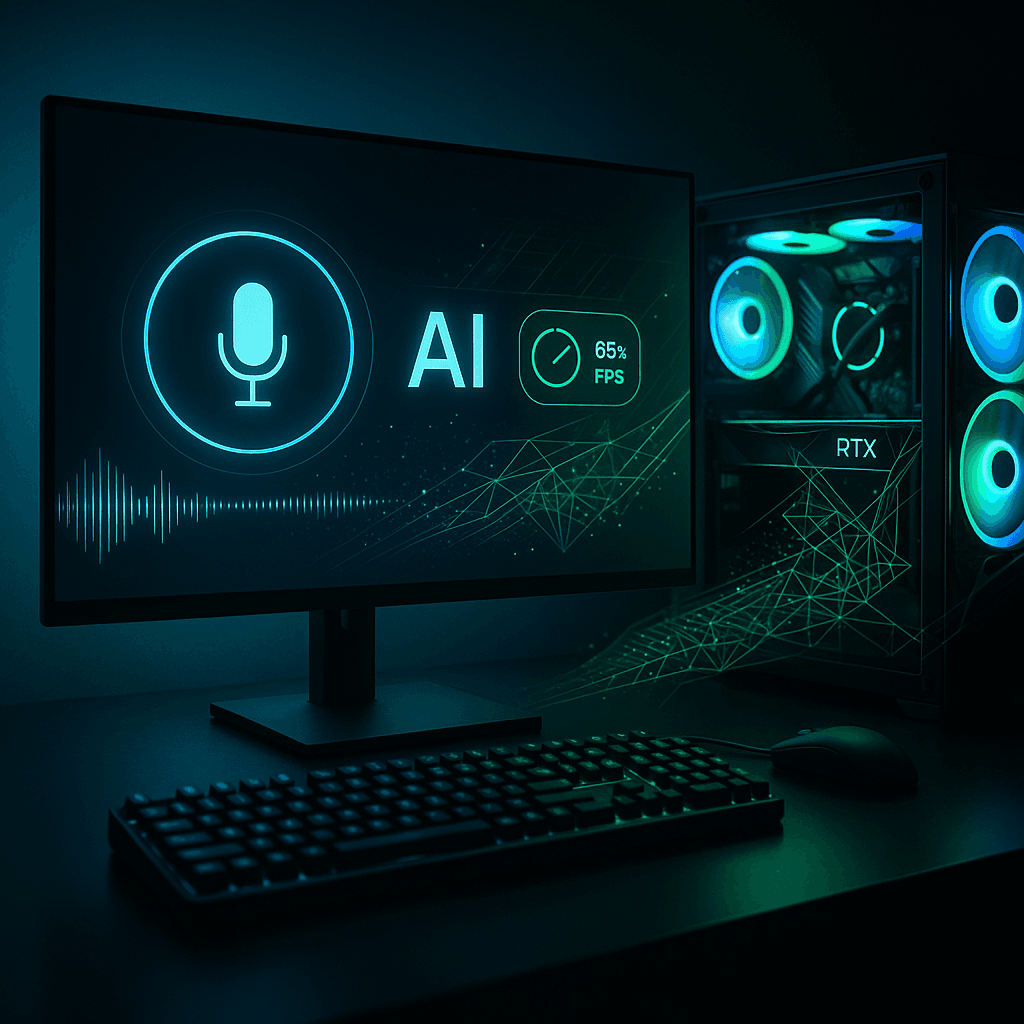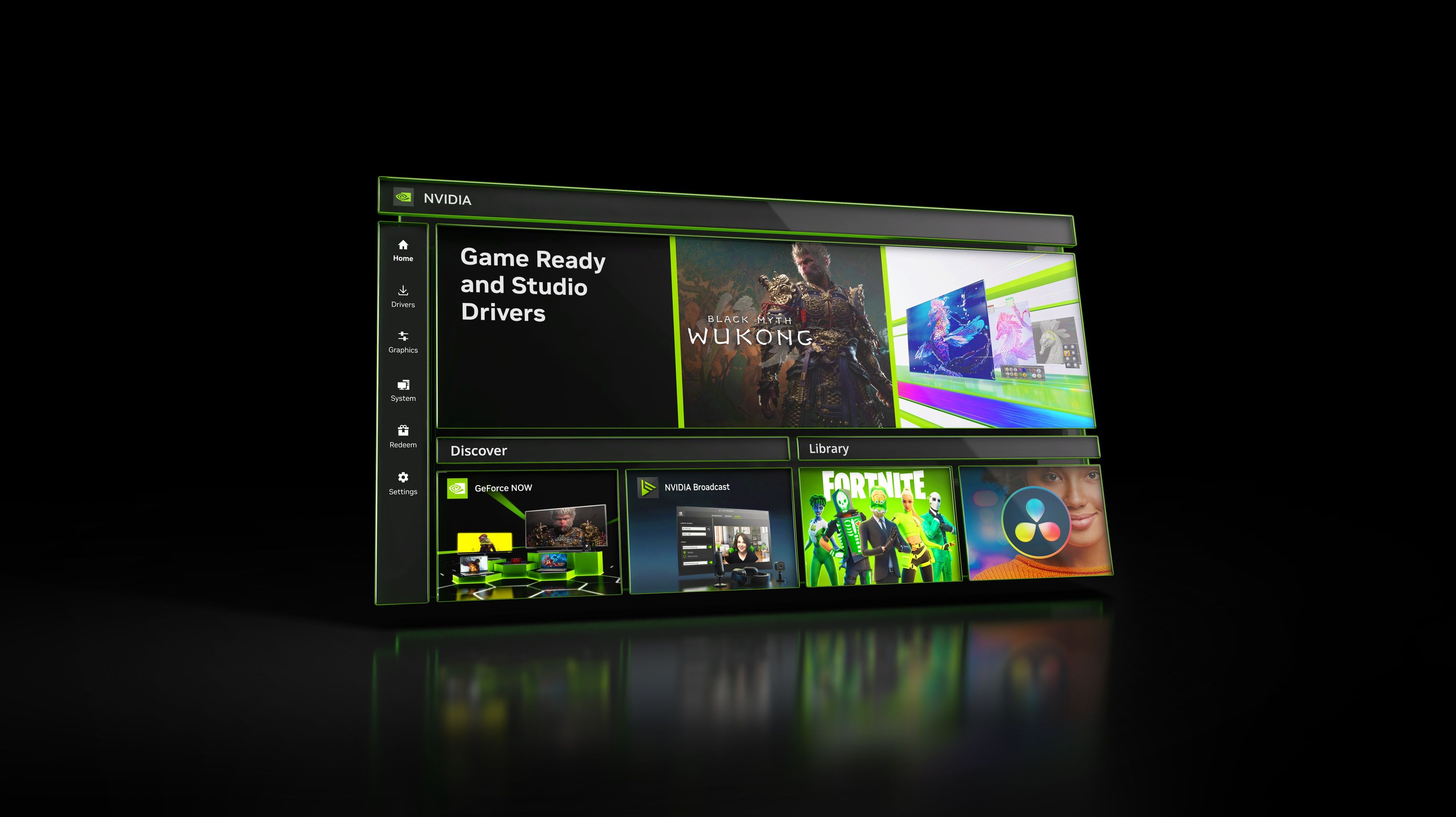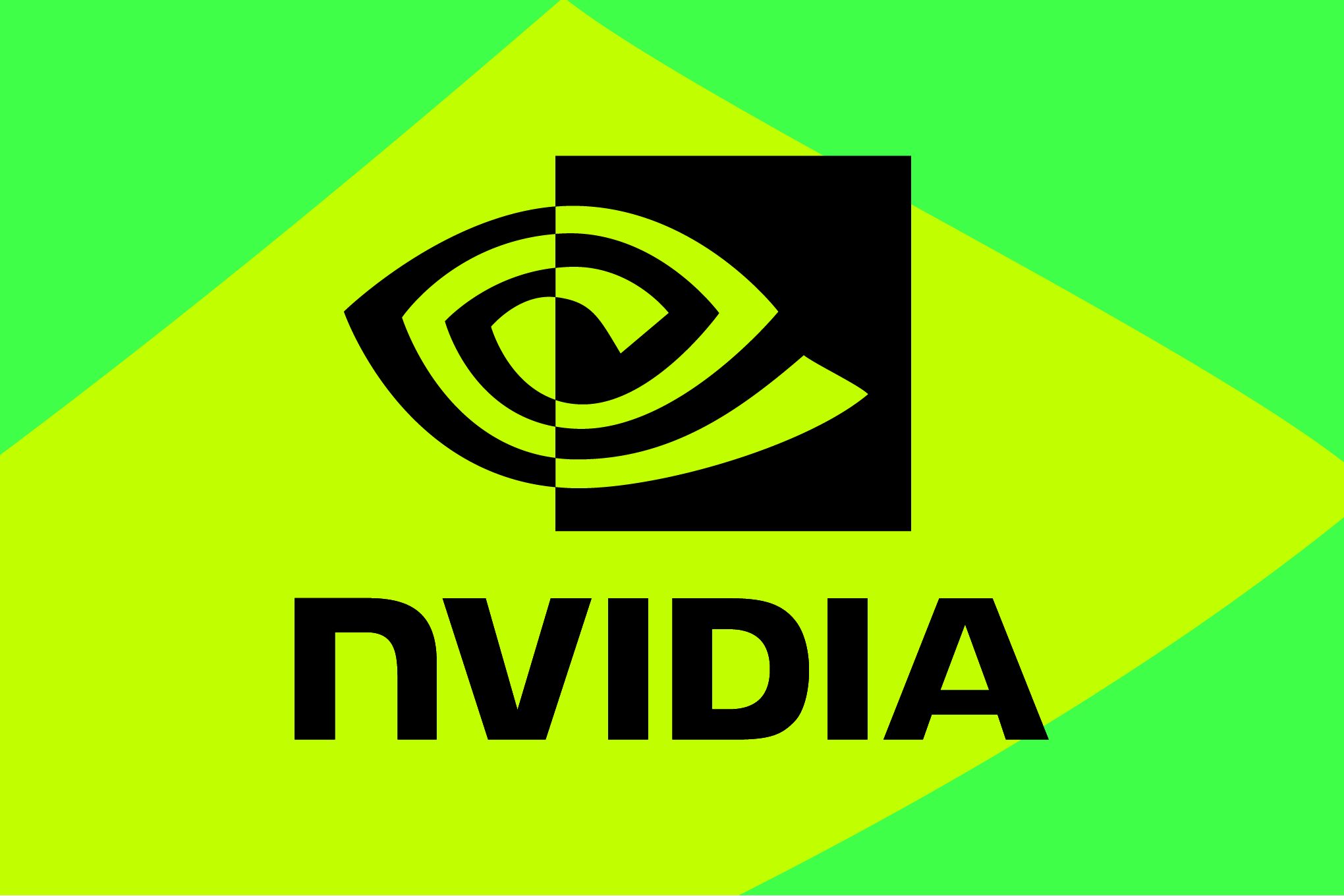Nvidia is quietly developing a new AI chip specifically for China that sits strategically between its current offerings and U.S. export restrictions. The B30A chip delivers half the power of Nvidia's flagship B300 Blackwell GPU while significantly outperforming the H20 chips currently allowed in China, according to Reuters sources, marking the chipmaker's latest attempt to maintain its foothold in the world's second-largest AI market.
Nvidia just made its boldest move yet to thread the needle between U.S. export controls and China's massive AI appetite. The world's most valuable chipmaker is developing the B30A, a China-specific processor that delivers exactly half the computing power of its flagship B300 Blackwell GPU, according to sources speaking to Reuters. The timing couldn't be more critical as the Trump administration recently relaxed its stance on high-performance AI chip exports to China, though approval for this new processor remains far from guaranteed.
The B30A represents a calculated engineering compromise designed to maximize performance while staying within regulatory bounds. Unlike the dual-die architecture powering the flagship B300, this China-bound chip uses a single-die design that keeps it compliant with current restrictions while still significantly outperforming the H20 GPUs Nvidia currently sells in the country. The chip retains critical features including fast data transmission capabilities, NVLink support, and high-bandwidth memory—essentially everything Chinese AI companies need except the raw computational firepower that triggers export controls.
"We evaluate a variety of products for our roadmap, so that we can be prepared to compete to the extent that governments allow," Nvidia told TechCrunch in a statement. "Everything we offer is with the full approval of the applicable authorities and designed solely for beneficial commercial use." The carefully worded response reveals how the company navigates the increasingly complex geopolitical landscape surrounding AI technology exports.











